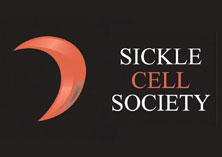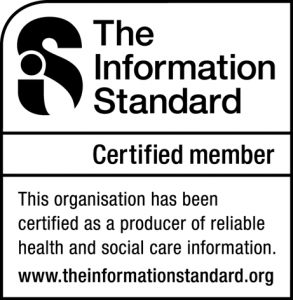New sickle cell treatment approved
New treatment approved for Sickle Cell Disorder
In an historic moment for the sickle cell community, we are delighted that the MHRA (The Medicines and Healthcare products Regulatory Agency) approved the gene therapy known as Casgevy (Exagamglogene autotemcel) for the treatment of sickle cell disorder.
This marks only the second UK approval of a sickle cell treatment in two decades. Casgevy has received the green light from MHRA, empowering the NHS to employ it as a groundbreaking therapeutic intervention for those grappling with this condition—marked by chronic anaemia, recurrent episodes of intense pain requiring hospitalisation, organ damage, an elevated risk of stroke, and premature mortality.
Today’s news offers newfound hope and optimism for the sickle cell community, and a step forwards in our fight for an end to inequalities in the treatment of people living with the condition.
Despite the genetic abnormality being first identified during the 1950s, and being the commonest severe genetic condition in the UK, there are very few drugs available for the treatment of sickle cell disorder. This is in stark contrast to the very many treatments for other, similar conditions.
Casgevy is a gene editing therapy. Gene-editing technologies have the ability to make lasting changes to the genes that cause diseases by precisely fixing, removing, adding, or disrupting specific sequences within those genes.
Casgevy works by taking bone marrow stem cells from a sickle cell patient, and changing the genetic material to reduce the problems caused by sickle cells. When these stem cells are replaced in the patient and used to make new red blood cells, the new red cells do not tend to sickle or cause other problems. The edited genes greatly increase the patient’s ability to make a fetal haemoglobin (HbF), which stops sickle haemoglobin damaging the red cells and reduces nearly all the symptoms caused by sickle haemoglobin.
This innovative treatment was created because researchers discovered that individuals with sickle cell disorder who naturally had a mutation in their genes which allowed them to continue to produce fetal haemoglobin did not experience the usual symptoms of the disorder.
While Casgevy holds promise – its application, using stem cell transplant, is limited to individuals who meet specific criteria. Consequently, it won’t be a viable option for everyone. However, we are optimistic about the introduction of this new treatment and hope that this is the first in a wave of new options based on gene editing, which will eventually lead to the development of safe and curative options for all people with sickle cell disorder.
We’ll update with more details as they become available.





